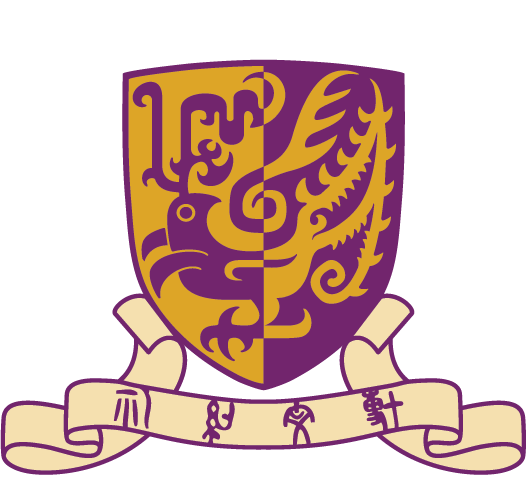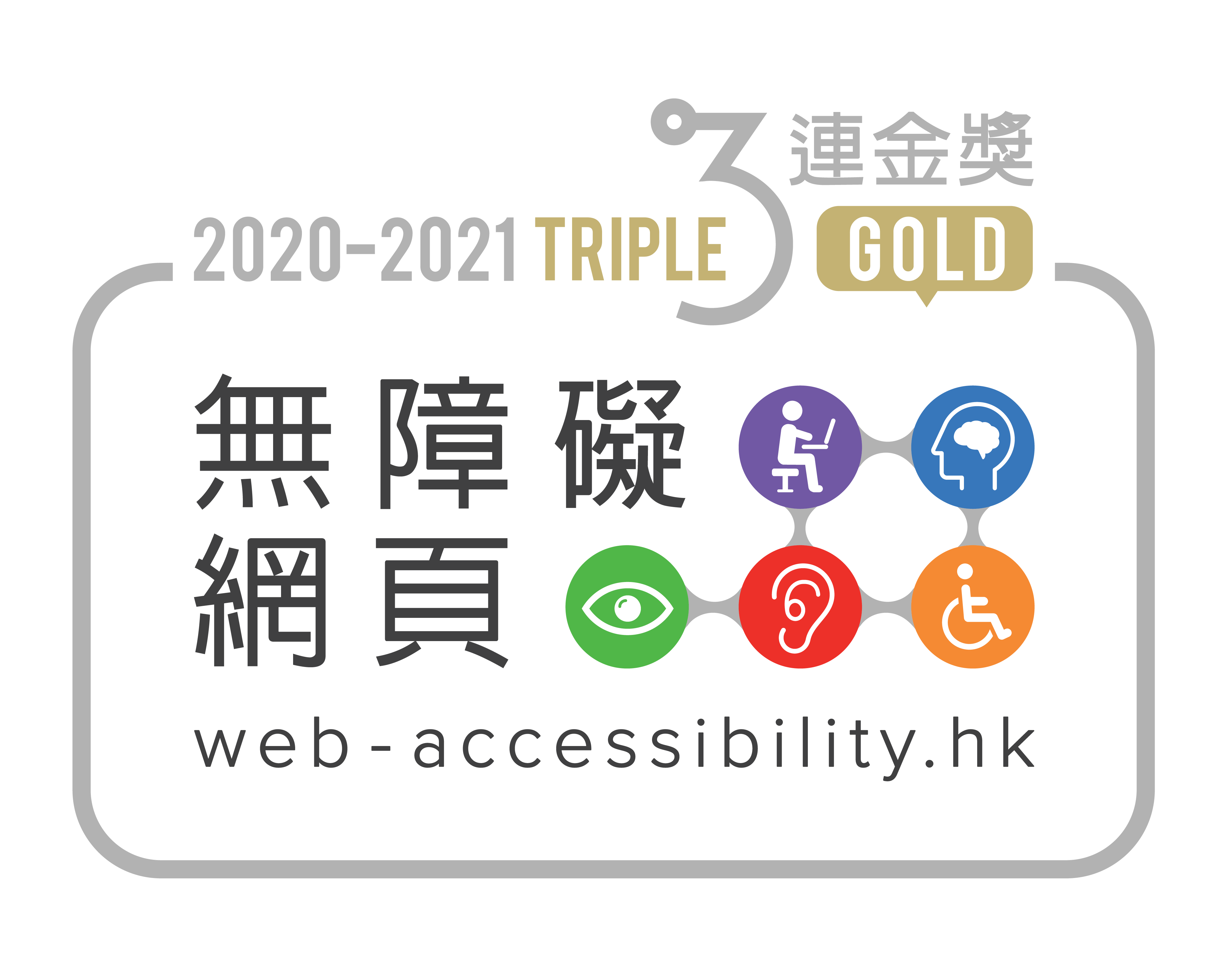CUHK
News Centre
Survey findings on views about COVID-19 released by Hong Kong Institute of Asia-Pacific Studies at CUHK
Since the third quarter of last year, the government has gradually relaxed various anti-epidemic measures, and society has steadily returned to normal. The Hong Kong Institute of Asia-Pacific Studies of The Chinese University of Hong Kong (CUHK) recently conducted a public opinion survey on the COVID-19 pandemic. The main findings are as follows:
According to the survey results, 60.7% of the respondents agreed (37.8%) or strongly agreed (22.9%) that all epidemic prevention measures should be withdrawn by the end of March this year, while 30.1% and 4.2% disagreed or strongly disagreed respectively.
The survey also revealed that 53.9% of the respondents said they had been diagnosed with COVID once and 4.4% said they had been diagnosed twice. In other words, a total of 58.3% of the respondents had been diagnosed, while 41.3% had not. Among those who had been diagnosed, more than three-fifths (64.9%) said they were not worried about being re-infected, 23.7% were somewhat worried, and only 6.0% and 4.3% were quite worried or very worried. Among respondents who had not been diagnosed, 55.1% claimed they were not worried about getting infected. The proportions of those who were somewhat worried, quite worried or very worried were 30.7%, 7.1% and 5.2% respectively.
The respondents were asked in the survey whether they had heard of “post COVID-19 condition”, or so-called long COVID. The survey results showed that nearly nine-tenths (88.7%) of the respondents had heard of it, while only 11.3% said they had not heard of it or did not know about it. Among those who had been diagnosed with COVID, 32.7% felt they had long COVID, while 62.9% thought they did not, and 4.4% answered “don’t know/hard to say”. However, only 37.8% of those who felt they had long COVID had sought medical treatment, and 60.4% had not seen a doctor. When the respondents who had not been diagnosed were asked whether they would be worried about developing long COVID if they were infected, 39.6% said they were not worried, 34.7% said they were somewhat worried, and 12.3% and 9.7% said they were quite worried or very worried respectively.
The survey results also indicated that 59.7% of respondents were quite concerned (41.6%) or very concerned (18.1%) about the current epidemic situation in Hong Kong, whereas 37.7% were quite unconcerned (31.6%) or very unconcerned (6.1%).
The survey employed a dual-frame sampling design that included both landline and mobile phone numbers. A total of 705 respondents aged 18 or above (landline: 321; mobile: 384) were successfully interviewed, with response rates of 25.4% (landline) and 28.4% (mobile). The sampling error for the sample size of 705 is estimated at plus or minus 3.69 percentage points at a 95% confidence level. Furthermore, the data in this survey was weighted based on the probability of the respondents being selected via a dual-frame sampling design and the relevant age-sex distribution of the population published by the Census and Statistics Department.


